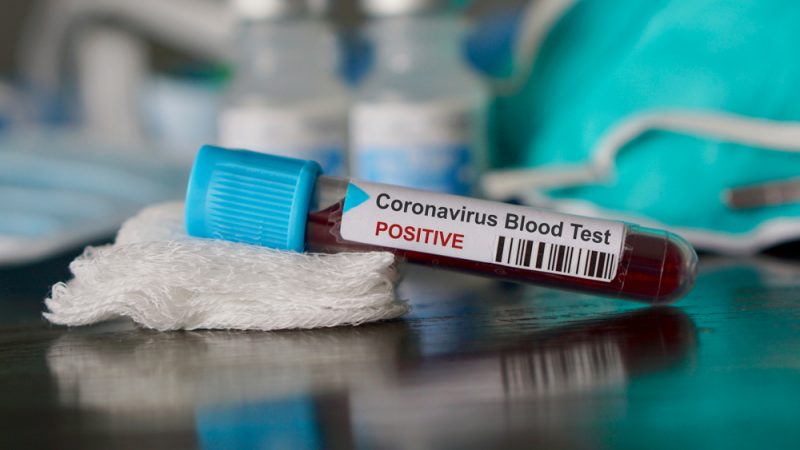At the beginning of May, 8.4% of health professionals working in Belgian hospitals had developed antibodies against the Sars Covid-2 virus, responsible for Covid-19, according to a study by the Belgian Institute of Health Sciensano and the Institute of Tropical Medicine (ITG) in Antwerp.
Sciensano notes that the presence of antibodies in carers is lower than expected, given their exposure to the virus. According to Sciensano data collected in partnership with the Red Cross, 4.3% of the Belgian population has made antibodies against the coronavirus.
The results of the study concern infections that occurred at least two weeks before the blood sample was taken. Of the participants with antibodies, 90% also reported having experienced at least one symptom of Covid-19 since the beginning of the epidemic.
Between 6 and 10 May, 785 blood samples were taken from a representative number of healthcare professionals working in Belgian hospitals. Those tested worked in both Covid and non-Covid units. Of these, 80% are paramedics and 20% are doctors. Half of those tested were over 39 years old and 80% were female.
Related News
These health professionals will be followed up with until the end of September. A new blood sample will be taken every month to observe how their antibodies against the coronavirus evolve. Further research is needed to determine whether the antibodies protect against possible second exposure to the virus, Sciensano says.
Getting Tested
Tests to determine whether a person has built antibodies against coronavirus are now available in Belgium, as previously reported.
Through a blood sample analysis, serological tests determine whether a patient’s immune system has developed defences after coming into contact with a virus and can be key in gauging population immunity and the extent of exposure to the virus.
These tests had previously not been used in Belgium as doctors and clinical labs could not bill patients or insurers for the tests.
Jules Johnston
The Brussels Times

